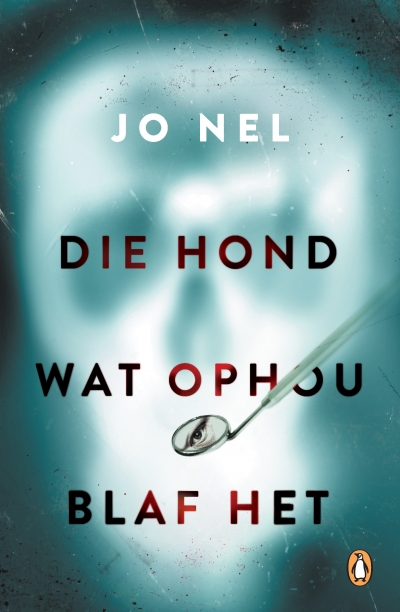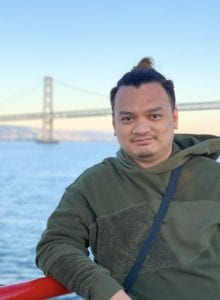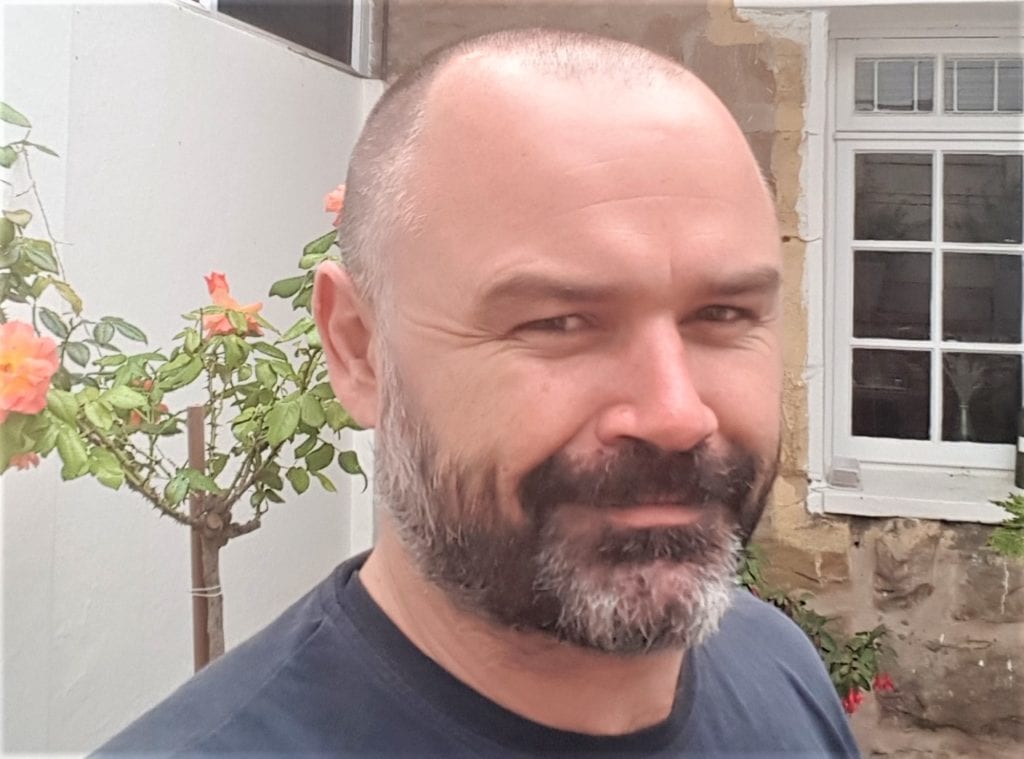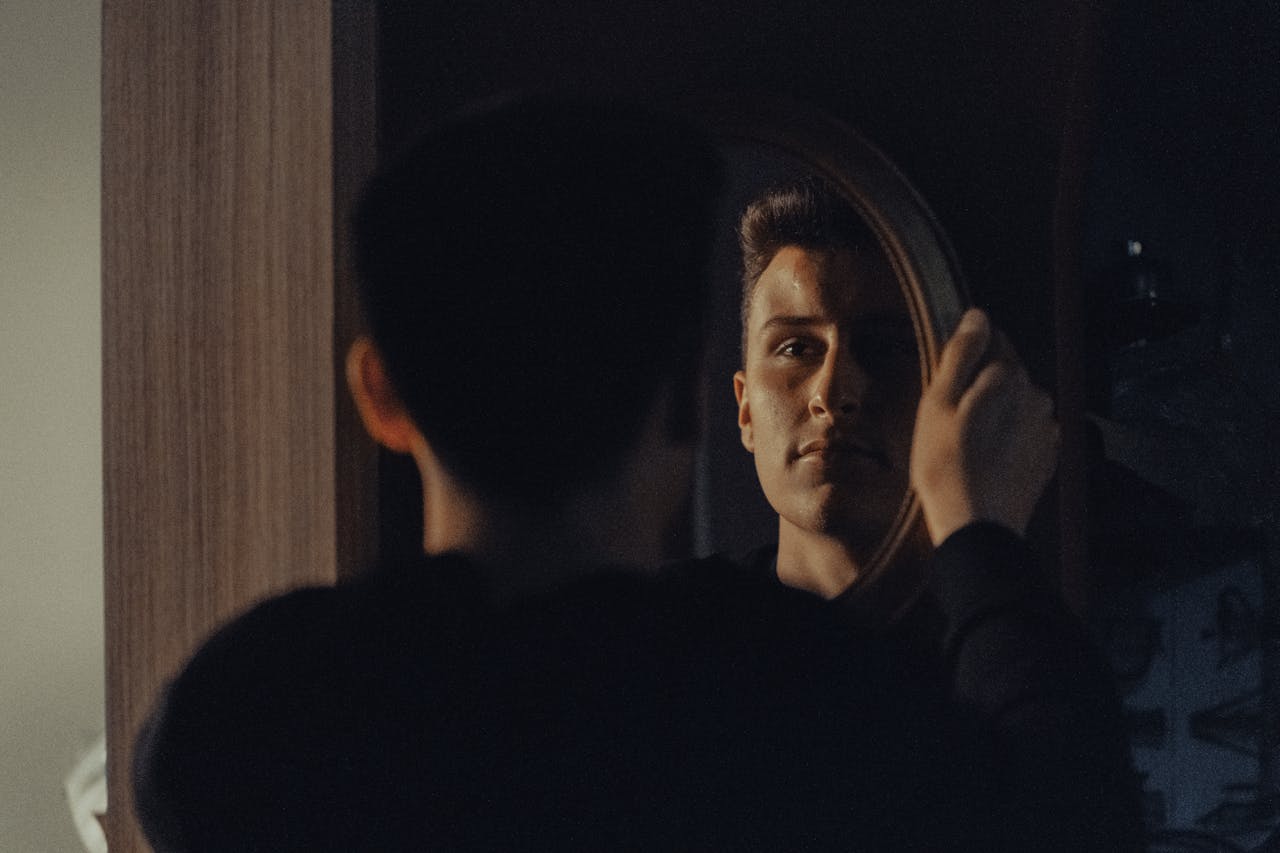A background as a dentist – and limited writing experience – didn’t deter author Jo Nel from accomplishing his goal of getting published.
After taking the Write a Novel and Advanced Write a Novel Courses at The Writers College, he successfully launched his first novel Die hond wat ophou blaf het, published by Penguin in 2018. It’s been two years since, and he is now very close to having a second novel published.
We caught up with Jo to gets updates on his new book and learn more about his inspiring journey to becoming a successful novelist.
Your first book, “Die hond wat ophou blaf het”, is a psychological thriller that has a dentist as a central character. Does your new book revolve around a similar theme?
I am not sure how the new book will be categorised. It might well be seen as a psychological thriller, or perhaps a bildungsroman, or perhaps a combination of the two. It again plays with the idea of reality versus perception and the question of how reliable the different characters are. The protagonist is younger than the protagonist in the first book, so it has a different, more naive, feel. A bit less swearing. Less blood. Less death, but still some death. No dentists involved. Hopefully, it will also make the reader laugh a few times.
You completed our Novel, and Advanced Write a Novel course, studying with Wilna Adriaanse. In what way(s) did the course change how you approached the novel-writing process?
I also took the Basics of Creative Writing Course, which taught me some useful basic theory, but Die hond wat ophou blaf het was my first attempt at writing a novel. I started writing the book on the Novel and Advanced Write a Novel Courses. I did not really have any previous approach to the novel-writing process. The courses made me commit myself to sitting down, often, and actually writing. When you write a novel, you have to do two things: You have to write a lot. And then, at some point, you have to give your work to someone else, whose feedback you can hopefully trust. The courses encouraged me to do both. Wilna was supportive and approachable from the start, yet diplomatically honest. I valued her input. We still chat quite often.
What has been the most challenging aspect of writing a novel for you? How have you overcome this?
I found it hard to read the story as the reader would read it, and also to evaluate my own work. I know this is pretty basic, but when you have been busy with a story for a long time, you have to remind yourself that the reader has only the words on the page and not all the information (and emotions that go with it) that you have. You have to somehow look at the words as if you are seeing them for the first time. Leaving a part of the story for a while and then going back to it later can help. Eventually, you have to give your work to someone else to read the story with “fresh eyes”. And then you have to be willing to listen to advice. Preferably brutally honest, well-informed advice.
Fortunately, I also have a good relationship with my editor at Penguin. She has spared me much embarrassment.
I was told that you are a dentist by trade, and writing seems to be a totally different world to what you are doing professionally. Has writing always been a passion for you? How do you manage to make the “two worlds” co-exist?
Apart from a few (possibly frighteningly terrible) late-night poems written long ago and stuck on the bathroom wall of our student house, I had done just about no previous writing. I loved reading from a young age, though. When I read, it does feel as if I enter a different world, with endless possibilities. Writing feels the same to me, even more daunting at times. However, I suppose you cannot create something from nothing. When writing, you are always going to use elements from the everyday world, but with fewer (or, at the very least, different) rules, and with different perspectives. This is fun. The challenge is to make time for, and value, “both worlds”, and to realise where they overlap.
Practically, I think you have to establish a writing routine, and stop making excuses. I have to spend a lot of time writing to make progress.
Read more:
- Writers College Success Story: Award-Winning Novelist Martin Steyn
- Author Nicholas Sparks Divulges The Secrets Of His Astounding Writing Success
- Ian Middleton’s Magazine Journalism Success Story
Jo Nel is a dentist who practiced in Port Elizabeth and the former Transkei, among others. He also went to school in South Korea for a year. He was born in Swellendam and currently lives in Mossel Bay. Readers can check out Penguin Random House South Africa’s website for more information on his work.

About the Author













